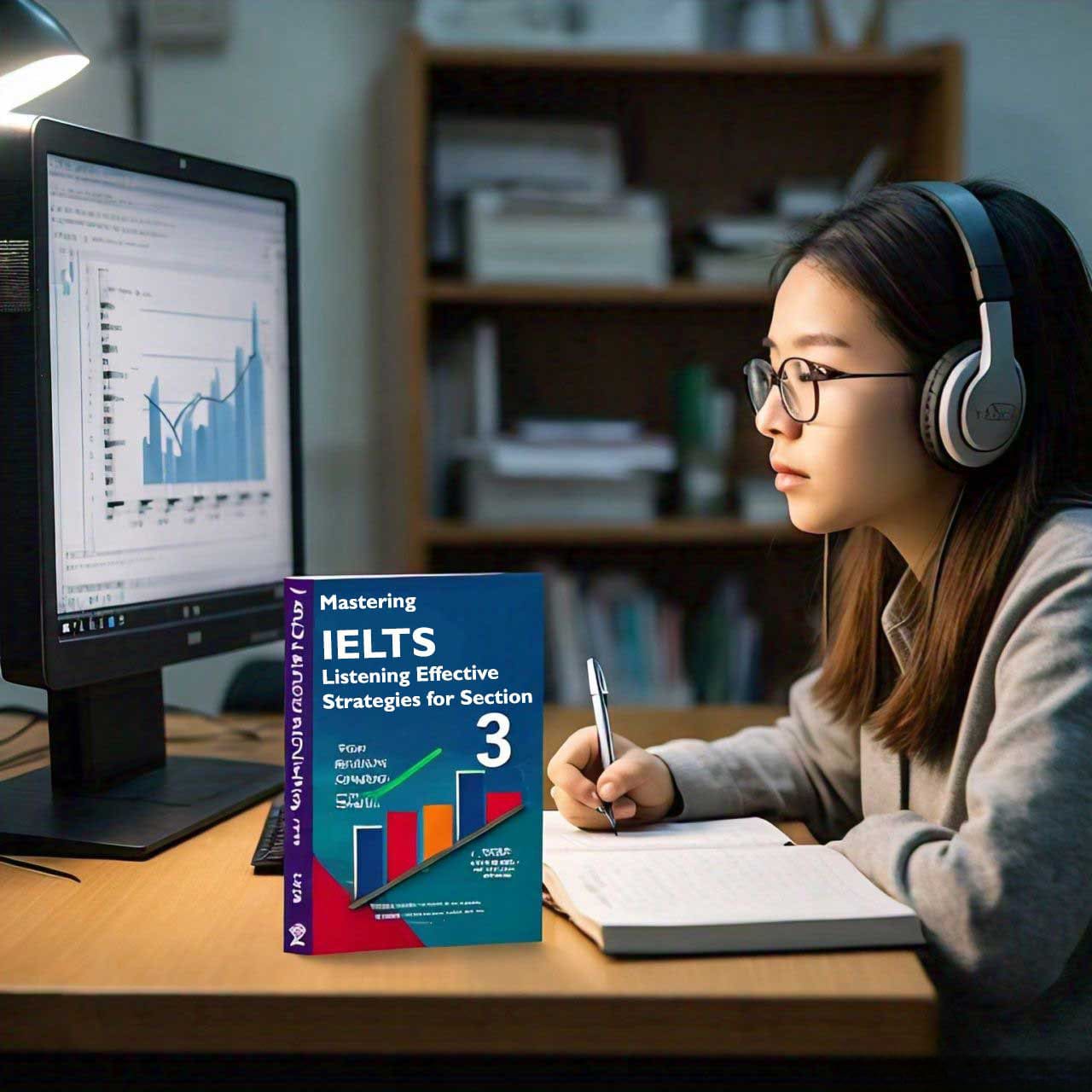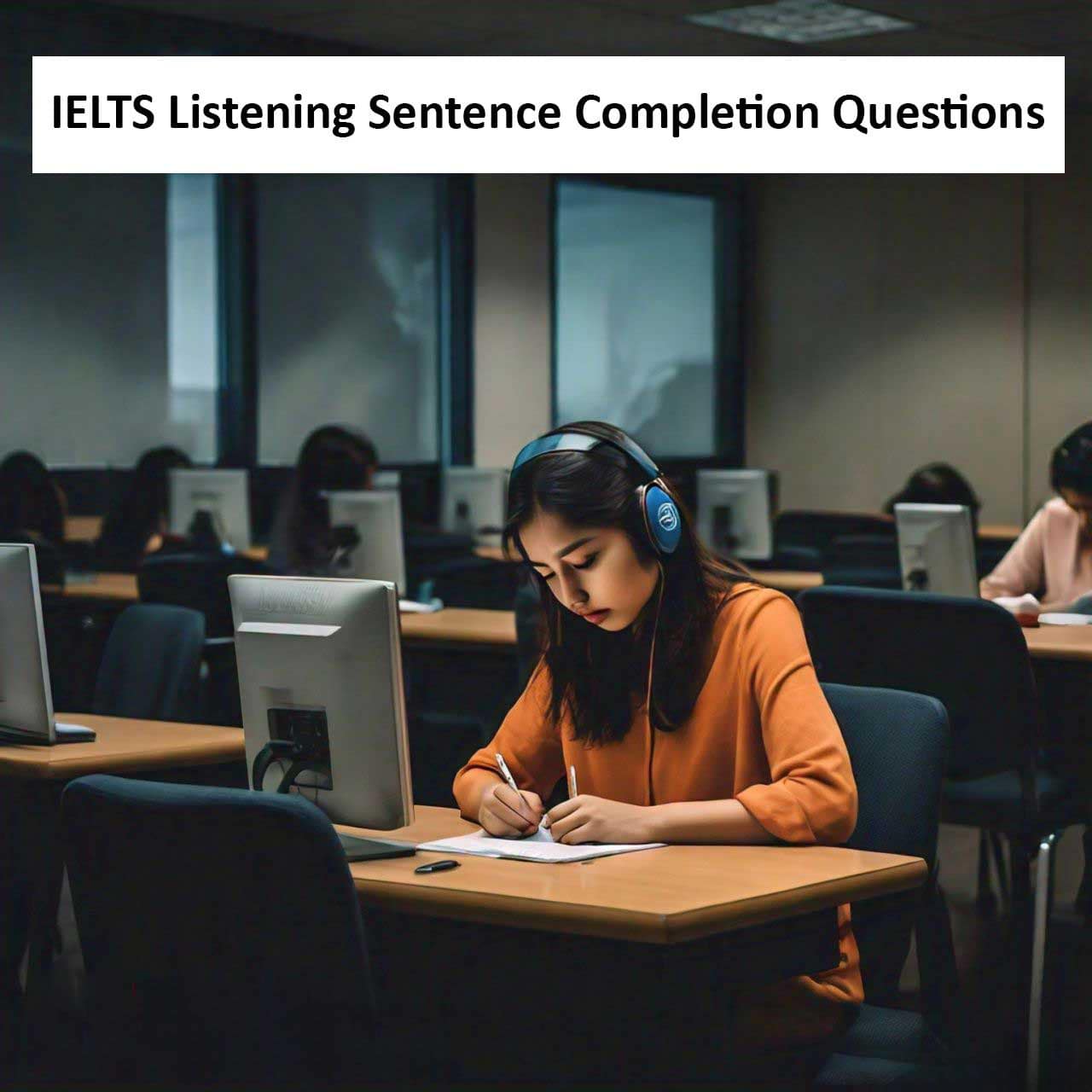The IELTS Listening test is a critical component of the IELTS exam, designed to assess a candidate’s ability to understand spoken English in various contexts. Section 3 of the Listening test is often considered one of the most challenging parts. It typically involves a conversation between two or more speakers discussing academic or training-related topics. To help you excel in this section, here are some proven strategies and tips.
Table of Contents
Understanding Section 3 of the IELTS Listening Test
In Section 3, you will hear a discussion, usually between two to four people, about academic subjects such as a group project, a research discussion, or a tutorial. The language used can be more complex, and the discussion may include opinions, agreements, disagreements, and problem-solving.
Key Strategies for Success
1. Familiarize Yourself with the Format
Understanding the format is crucial. In Section 3, you will typically encounter the following types of questions:
– Multiple Choice Questions: Choose the correct answer from a list of options.
– Matching: Match items from two lists based on the information you hear.
– Plan/Map/Diagram Labeling: Label parts of a diagram based on the conversation.
– Summary Completion: Fill in the blanks in a summary with words from the listening text.
2. Improve Your Vocabulary
The vocabulary in Section 3 can be more specialized and academic. To prepare:
– Read Academic Texts: Articles, research papers, and academic journals can help you get used to the language used.
– Create Vocabulary Lists: Make a list of common academic words and phrases.
– Use Flashcards: Utilize apps or traditional flashcards to regularly review and test yourself.
3. Develop Note-Taking Skills
Effective note-taking can significantly help in Section 3:
– Practice Abbreviations: Use symbols and abbreviations to jot down information quickly.
– Focus on Keywords: Listen for keywords and main ideas rather than trying to write everything down.
– Organize Notes: Develop a system for organizing your notes so you can quickly find information during the test.
4. Enhance Your Listening Skills
Improving your overall listening skills is essential:
– Listen to Academic Lectures: Websites like TED Talks, academic podcasts, and online courses can provide practice.
– Practice with Different Accents: The IELTS test includes various English accents. Practice listening to British, American, Australian, and other accents.
– Regular Practice: Use IELTS practice tests to familiarize yourself with the speed and complexity of the conversations.
5. Understand the Speakers’ Roles
In Section 3, knowing who is speaking and their roles can help you follow the conversation:
– Identify Speakers Quickly: Pay attention to how each speaker is introduced.
– Understand Relationships: Determine how the speakers are related to each other (e.g., student and tutor, colleagues).
6. Predict the Content
Before the audio starts, take a moment to predict the content:
– Read Questions Carefully: Skim through the questions to understand what information you need to listen for.
– Identify Topics: Based on the questions, try to predict the possible topics and types of information that will be discussed.
7. Stay Focused and Avoid Distractions
Maintaining concentration throughout the section is vital:
– Stay Calm: Nervousness can affect your concentration. Practice relaxation techniques.
– Avoid Looking Back: Once you have answered a question, move on. Don’t worry about previous answers.
8. Review and Practice Regularly
Consistent practice is the key to improvement:
– Take Practice Tests: Regularly take full-length IELTS listening practice tests under timed conditions.
– Review Mistakes: Analyze your mistakes to understand where you went wrong and how to avoid similar errors in the future.
On Test Day
Arrive Prepared
Ensure you are well-rested and arrive at the test center with all necessary documents. Bring your ID and the confirmation of your test booking.
During the Test
– Follow Instructions: Listen carefully to the instructions provided.
– Use the Time Wisely: Use the time given before each section to read through the questions.
– Write Legibly: Make sure your answers are clear and easy to read.
Conclusion
Section 3 of the IELTS Listening test may be challenging, but with the right strategies and consistent practice, you can significantly improve your performance. Focus on enhancing your vocabulary, honing your listening and note-taking skills, and familiarizing yourself with the test format. By following these strategies, you’ll be well on your way to achieving a high score in the IELTS Listening test.
Good luck, and happy studying!



